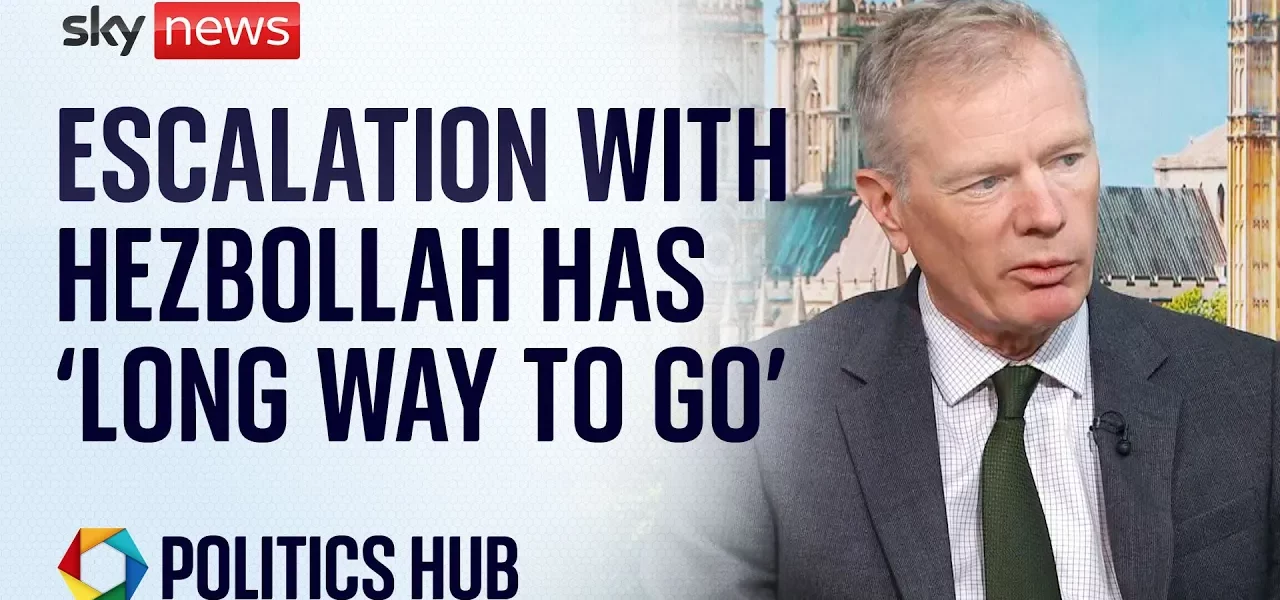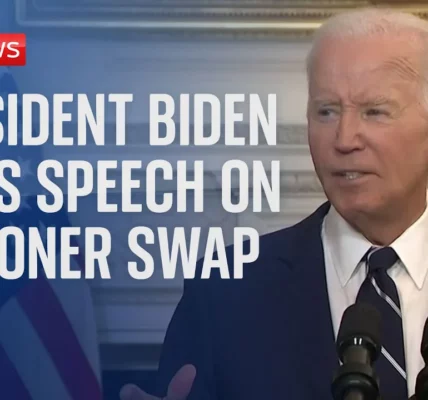Rob McAir Discusses Evacuation of British Nationals from Lebanon

In a critical conversation with Rob McAir, former UK ambassador to Iran, we delve into the pressing issue of British nationals in Lebanon. With escalating tensions and the potential for crisis, McAir emphasizes the urgency of evacuation and the complexities that accompany such measures.
Introduction
The current situation in Lebanon has prompted the UK government to issue urgent advice for British nationals to consider leaving the country. Rob McAir, with his extensive experience in diplomatic roles including as the UK’s ambassador to Iran, shares invaluable insights into the challenges and implications of such evacuations. The complexities of operating in a foreign country during a crisis cannot be overstated, as McAir articulates the potential perils involved when relying on government-led evacuation efforts. Understanding the historical context and current geopolitical dynamics is essential for comprehending the urgency of the situation.
The Importance of Leaving Lebanon Now
As tensions in the region escalate, the message from the UK government is unequivocal: British nationals should evacuate Lebanon as soon as possible. McAir highlights several critical points regarding this urgent directive.
The Nature of Evacuations in Crisis Situations
Evacuations from foreign countries are fraught with difficulties that differ vastly from domestic evacuations. Key considerations include:
- The environment is not under the control of UK authorities.
- Evacuations can be chaotic, confusing, and frightening.
- Dependence on government-organized evacuations may lead to delays and increased risk.
Historical Context: Lessons from Past Evacuations
Reflecting on past experiences, McAir draws from his tenure as Director of Consular Services during the 2006 Lebanon evacuation. Notable lessons learned include:
- Preparation is crucial; timely communication is imperative.
- Increased capacity to handle unexpected numbers of evacuees.
- Utilization of technology for registration and communication with nationals abroad.
Military Preparedness and Regional Dynamics
In light of potential evacuations, the UK has sent 700 troops to Cyprus, which raises questions about military involvement and readiness.
The Role of Military in Evacuation Operations
McAir explains that the military excels in preparing for various contingencies, ensuring resources are available if needed. However, the scale of potential evacuations poses significant logistical challenges.
Iran and Hezbollah: A Complicated Relationship
McAir elaborates on the longstanding ties between Iran and Hezbollah, emphasizing the following points:
- Hezbollah is a key regional partner for Iran, deeply rooted in Shia ideology.
- The group has evolved into a major political and military force within Lebanon.
- Iran’s support for Hezbollah includes financial aid, military training, and weaponry.
Escalating Tensions Between Israel and Iran
As geopolitical tensions rise, the conflict between Israel and Iran becomes increasingly pronounced. McAir discusses the implications of these tensions.
The Nature of the Ongoing Conflict
McAir describes the conflict as being characterized by:
- Proxy warfare, with Iran supporting various groups against Israel.
- Direct military engagements, including missile exchanges.
- A deteriorating boundary between peace and war in the region.
Concerns for Future Escalation
The current situation is described as the worst it has been in decades, with ongoing military actions heightening the risk of a broader conflict. McAir reflects on the potential for further escalation and the need for continued diplomatic efforts to de-escalate tensions.
Conclusion
Rob McAir’s insights into the evacuation of British nationals from Lebanon underline the urgency of the situation. With escalating tensions and the complexities of foreign evacuations, it is critical for individuals to take proactive steps to ensure their safety. As the situation evolves, staying informed and prepared is paramount. For more information on safety protocols and updates regarding the political climate in Lebanon, please visit our related articles on travel safety and regional geopolitics.
“`




